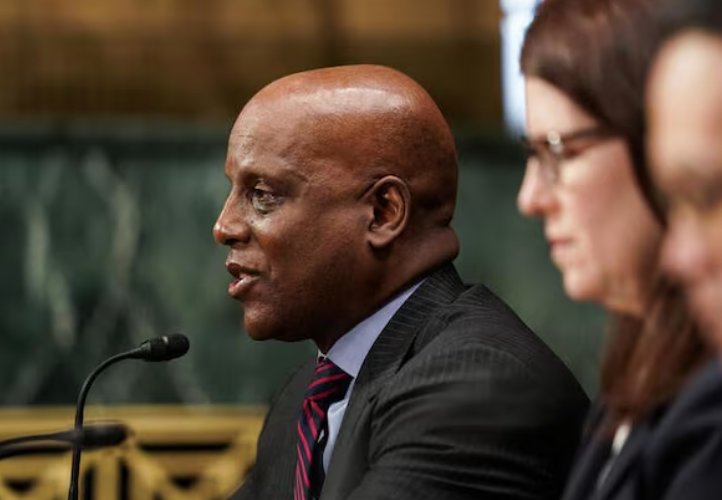On Friday, a federal judge in Chicago expressed skepticism about a medical center’s argument that National Labor Relations Board (NLRB) members and administrative judges are improperly shielded from removal by the president. Alivio Medical Center, a nonprofit serving Chicago’s Hispanic community, sought to halt an NLRB administrative case against it, claiming that the agency’s structure is unconstitutional. U.S. District Judge Jeffrey Cummings presided over the two-hour hearing.
Alivio faces accusations of firing workers without negotiating with their union, citing federal immigration law as a justification for terminating employees who allegedly submitted false information to establish legal work authorization. The center’s motion referenced recent rulings in Texas, where federal judges temporarily blocked NLRB cases against SpaceX and Energy Transfer. One judge argued that removal protections for administrative judges and NLRB members were likely unconstitutional.
Judge Cummings, however, pointed out significant differences between judges in the SEC and NLRB, noting that the Texas rulings do not bind courts outside the 5th Circuit, which covers Texas, Louisiana, and Mississippi. He also mentioned a recent 10th Circuit decision from Denver that rejected conclusions from the Jarkesy case, which involved the U.S. Consumer Product Safety Commission. This divergence among appeals courts, Cummings suggested, weakened Alivio’s chances of success in obtaining a temporary injunction.
The Supreme Court in June upheld a separate part of the Jarkesy ruling, affirming that SEC administrative proceedings violate the right to a jury trial, but the Court did not address issues concerning administrative judges. Cummings stated he intends to rule next week.
Alivio’s lawsuit is one of many challenging the NLRB’s structure. These challenges are part of a broader conservative effort to curtail federal administrative agencies’ powers, including the in-house proceedings used to enforce laws. Alivio’s attorney, Scott Cruz, argued that NLRB judges and members wield executive power, requiring accountability to the president under the Constitution. In response, NLRB lawyer David Boehm defended the legitimacy of in-house proceedings, emphasizing that blocking Alivio’s case could set a dangerous precedent and undermine workers’ ability to protect their rights.
The case is Alivio Medical Center v. NLRB, U.S. District Court for the Northern District of Illinois, No. 1:24-cv-07217.

